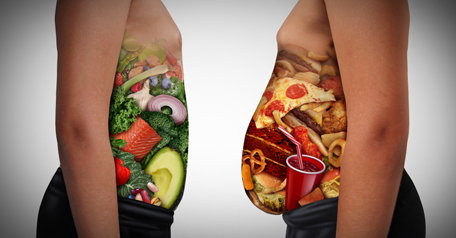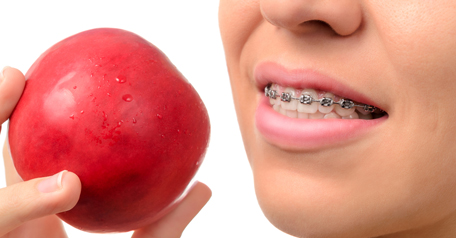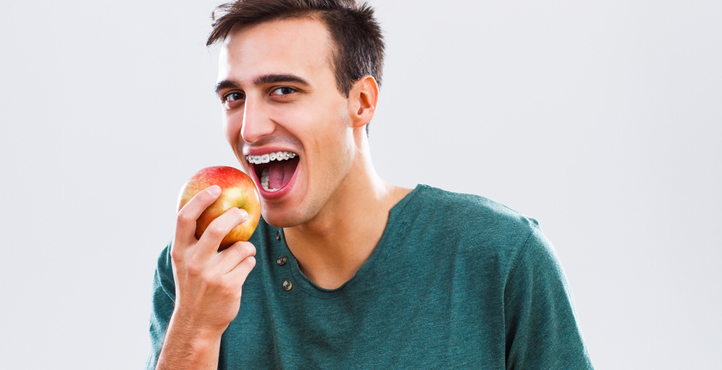Braces are such, that limit people from eating their favourite food. Bracing the teeth is a tedious process, as the chemical adhesives used for the braces would usually take a certain amount of time to settle. So eating the right choice of food would help to reduce the difficulties in the braces. Eating foods with tough texture would cause pain in the braces. After bracing, one should learn how to chew and how to keep the braces clean. So usually soft foods are recommended on the first few days after bracing.

Foods which are easy to chew are recommended right after the bracing. For example, yoghurts, soft cheese, liquid foods, soups, mashed potato, cereal, oatmeal, scrambled eggs, grains, kinds of seafood, soft fruits, juices, moist dessert, pasta, cooked and soft vegetables are the ideal foods, that are recommended. Foods which are very soft and easy to chew are the ideal foods. The sensitivity of the braces will improve within days or week after treatment. After this point, we can turn to normal food habits.
It is equally important to know which all the foods to avoid after the bracing are. These are all the foods that can possibly damage the braces. Foods that induces irritation in the mouth causes too much pressure and sensitivity are the foods that has to be avoided after the bracing. Following foods is the example of foods that has to be avoided. Ice cream, thick bread rolls, thicker slices of meat cuts, spicy foods, fruits that contain citrus. These foods can be consumed only after the teeth get used to the braces.
Following foods should be completely avoided with the braces. Popcorn, ice, hard candy, nuts, chewing gum, chewy candy, pizza crust, bagels and other hard rolls, crunchy fruits and vegetables, hard crackers, pretzels and chips. Foods and drinks containing sugar should be limited. When sugar mixes with saliva, it creates a sticky film, that coats on the teeth. Usually brushing can be used to remove the teeth coats. But with braces, brushing is a bit difficult thing. And if you’re unable to remove this sticky film, there’s a risk of tooth decay.
Good maintenance with correct dental habits is needed to avoid the damage. It is important to brush at least three times a day, preferably after each meal with a soft-bristled toothbrush. Removing all the traces of food particle that formed around the braces need some extra attention. Use floss to clean between your teeth, as well as a floss thread, to remove food particles from between braces and wires. A regular check-up with your orthodontist and dentist is needed to observe the condition of the braces.

Your dentist may also recommend using a fluoride mouthwash to help strengthen your teeth and lower the risk of tooth decay. Learning different chewing techniques can also prevent damage to braces. Instead of chewing food with your front teeth, it might be easier to chew with your back teeth, which are stronger. This can prevent damage to your braces when eating thicker slices of bread or meats.
